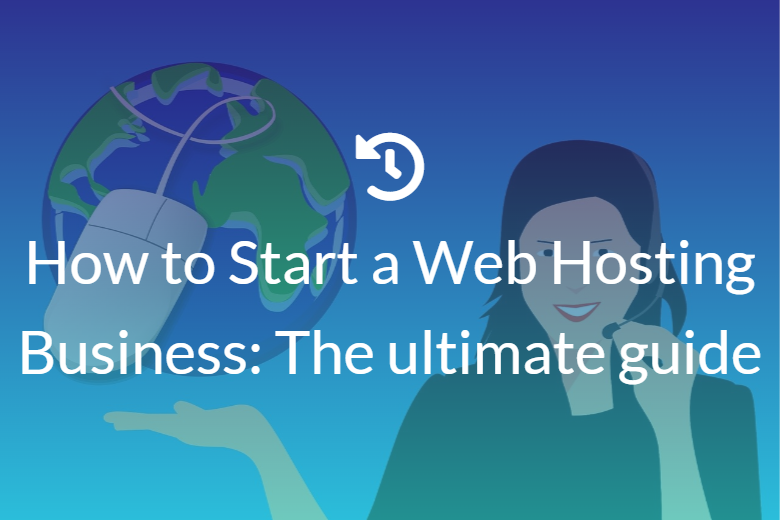How to Invest in Domain Names: A Lucrative Business Opportunity
Are you looking for a lucrative business opportunity that requires minimal investment and has the potential for high returns? Look no further than investing in domain names. This article will guide you through the process of how to invest in domain names and maximize your profits.
Introducing The Power of Domain Names
In today’s digital age, domain names have become valuable assets. They serve as virtual real estate, representing a brand, business, or individual on the internet. Similar to prime physical locations, premium domain names have the potential to yield significant profits.
What is Domain Name Investment?
Domain name investment refers to the practice of purchasing domain names and holding onto them with the intention of selling them later at a higher price. It involves identifying and acquiring domain names that have the potential for increased value over time.
Factors to Consider When Investing in Domain Names
1. Market Research and Analysis
Before jumping into domain name investment, it is essential to conduct thorough market research and analysis. Identify emerging trends, popular keywords, and niche markets that have the potential to drive demand for specific domain names. Understand the target audience and their preferences to make informed investment decisions.
2. Domain Name Valuation
Determining the value of a domain name is crucial in making profitable investments. Factors such as domain length, keyword relevance, brandability, and market demand impact its worth. Consider using domain valuation tools, consulting experts, or seeking professional appraisals to assess the potential value of a domain name.
3. Brandability and Memorability
Invest in domain names that are brandable and memorable. Short, catchy, and unique domain names tend to attract more attention and generate higher demand. Choose names that are easy to spell and pronounce to increase their marketability.
4. Long-Term Investment Strategy
Domain name investment is a long-term game. Patience is key when waiting for the right buyer and the right price. Consider holding onto valuable domain names until the market demand and value reach its peak. Strategically timing your domain name sales can lead to substantial profits.
Where to Purchase Domain Names?
Once you have a clear investment strategy in place, it’s time to purchase domain names. There are several platforms and marketplaces where you can buy domains, including:
1. Domain Registrars
Popular domain registrars, such as Solidhostglobal GoDaddy, Namecheap, and Google Domains, offer a wide selection of domain names for purchase. Browse through their inventory, compare prices, and choose the domains that align with your investment goals.
2. Domain Auctions
Domain auctions, such as Sedo and NameJet, provide opportunities to bid on premium domain names. These platforms often feature exclusive and highly sought-after domain names, making them ideal for investors looking to acquire valuable assets.
3. Networking and Brokerage
Networking within the domain name industry can lead to valuable connections and opportunities. Connect with domain name brokers, investors, and industry professionals to explore potential investments and partnerships.
Best Practices for Successful Domain Name Investment
To increase your chances of success in domain name investment, follow these best practices:
1. Diversify Your Portfolio
Don’t put all your eggs in one basket. Invest in a diverse range of domain names across various industries, niches, and price points. This strategy mitigates risk and allows for potential profits from different market segments.
2. Stay Informed and Updated
The domain name industry is constantly evolving. Stay up to date with industry news, market trends, and emerging technologies. Be aware of changes in search engine algorithms and their impact on domain name values. Continuous learning is crucial to stay ahead in this competitive market.
3. Promote and Market Your Domain Names
To attract potential buyers, actively promote and market your domain names. Utilize social media platforms, online marketplaces, and domain name forums to showcase your portfolio. Develop a branding strategy to increase your domain name’s visibility and desirability.
4. Negotiate and Secure Profitable Deals
When selling your domain names, be prepared to negotiate. Determine a minimum acceptable price and explore negotiation tactics to maximize your profits. Engage in secure transactions and ensure proper legal documentation to protect your investments.
Conclusion: Unlocking the Potential of Domain Name Investment
Investing in domain names can be a lucrative business opportunity when approached with the right strategies and techniques. By conducting thorough research, understanding market trends, and following best practices, you can unlock the potential of domain name investment and achieve substantial returns on your investments. Start exploring this exciting industry today and secure your share of the virtual real estate market.







